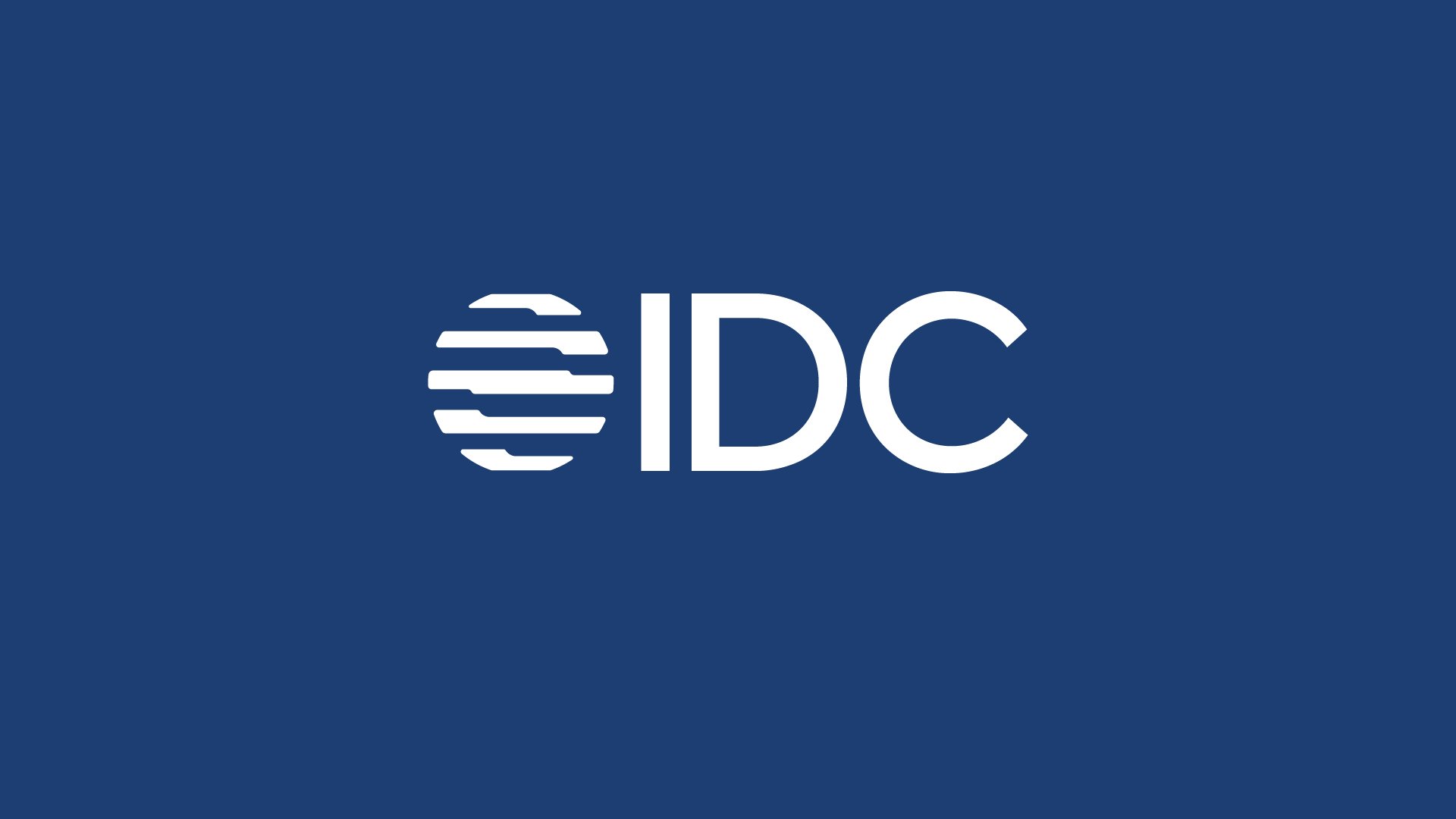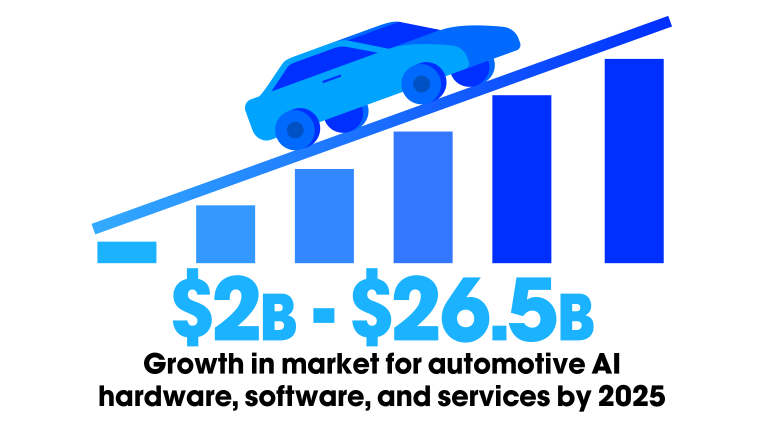
Reinvention and Business Continuity in a Post-Pandemic World
We asked experts in innovation, disaster recovery, communications, and business to help answer some critical questions on how to respond, recover, and reinvent brands on the road to recovery from Covid-19.








